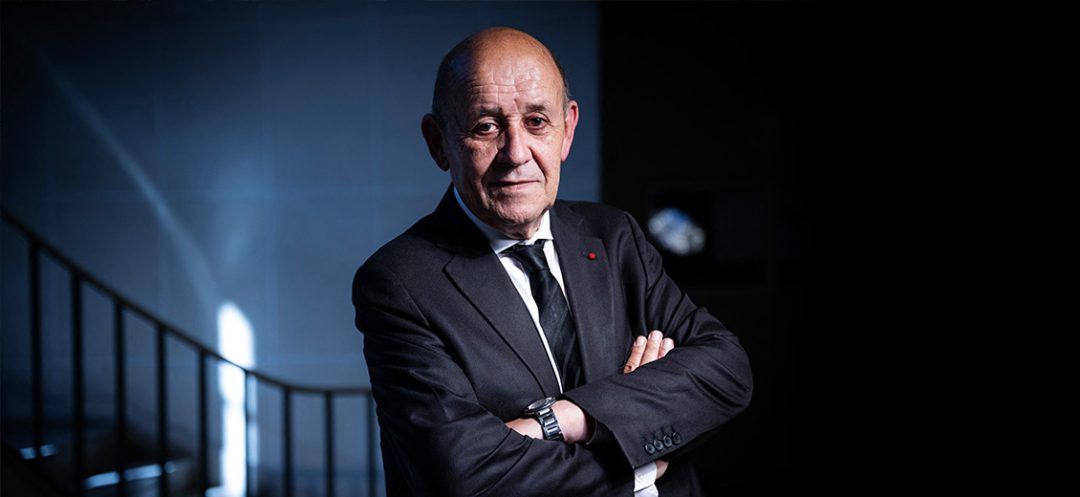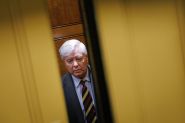
Was the recent conciliation mission in Beirut on May 28 and 29 by Jean-Yves Le Drian, President Emmanuel Macron's special envoy to Lebanon, a complete failure? Most local political commentators quickly concluded that it was. However, they may have been too hasty, as the answer to this question largely depends on the expectations set for the visit.
For those who held the unbased hope that the French envoy's recent mission could lead to a genuine breakthrough in the presidential election, it is evidenced that Le Drian's talks did indeed result in failure. Such hope was entirely chimerical, and consequently, a serious downside should be added to the assessment of failure. To develop a lucid opinion on this matter, it is imperative to contextualize the consultations undertaken by the former Minister of Foreign Affairs.
Le Drian's encounters took place within the context of two notable events: One, following the mid-May meeting of ambassadors from Quintet member countries (the United States, France, Saudi Arabia, Egypt and Qatar), and two, ahead of the summit scheduled later this week between Presidents Emmanuel Macron and Joe Biden, coinciding with the ceremonies commemorating the 80th anniversary of the Normandy landings.
The French envoy likely discussed with Lebanese parties the Quintet's proposed mechanism for the presidential election, involving informal “consultations” between parliamentary blocs, followed by open sessions to elect the president based on a narrowed list of candidates.
Le Drian's mission probably also sought to provide President Macron with a “freshly” updated report on the current stances of the Lebanese parties, to be discussed with the American President.
The mechanism suggested by the Quintet ambassadors is theoretically rational and adheres to norms. However, the obstruction to electing a head of state lies not in the “mechanism” of the vote, but in the political decision to keep the presidential election at an impasse. Recent developments have unequivocally demonstrated that Hezbollah, or more accurately, its regional godfather, opposes the election of a president under the present conditions. This opposition primarily stems from broader (regional) interests, particularly those concerning the higher interests of the Mullah regime.
Hence, the issue isn’t with the voting process, but rather with the lack of a political decision—largely influenced by Iran—that could break the deadlock in the presidential election. Therefore, the solution should mirror the problem's nature, fundamentally transnational. Any breakthrough should be sought at the level of regional decision-makers who are, in fact, obstructing the election. Simply put, the Quintet should make them “an offer they can’t refuse,” an expression from the The Godfather movie.
In this context, the summit meeting in Normandy between Presidents Macron and Biden, where they are expected to discuss, among other issues, the situation in Lebanon, becomes crucial. Could we dare to hope, even on the basis of a chimeric vision, that the two heads of state will explore potential avenues to secure a “yes” from the Iranian axis to an offer for breaking the presidential deadlock—one that simply cannot be refused? It's far from certain. But dreaming is not prohibited, especially considering that sooner or later, we must reach that point, unless we succumb to the blackmail and intimidation maneuvers of State-sponsored terrorism.
Read more




Comments